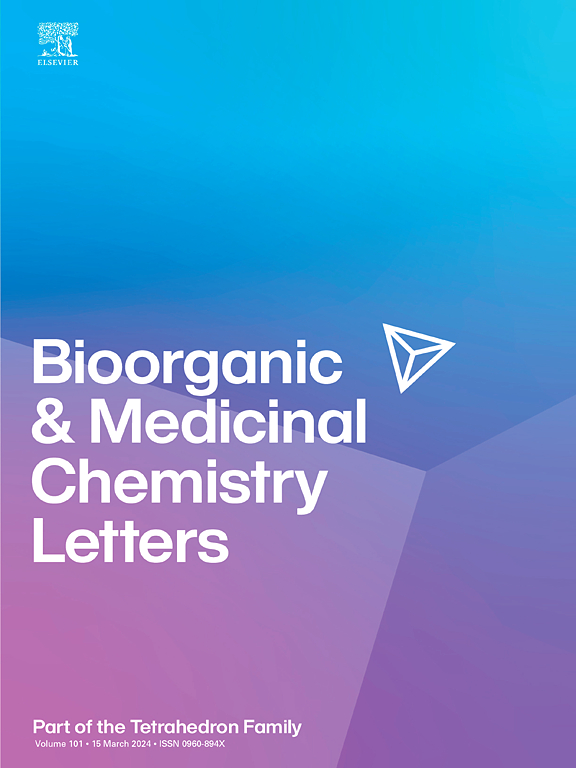Research progress on critical viral protease inhibitors for coronaviruses and enteroviruses
IF 2.5
4区 医学
Q3 CHEMISTRY, MEDICINAL
引用次数: 0
Abstract
Viral infectious diseases have been seriously affecting human life and health. SARS-CoV-2 was the pathogen that caused Coronavirus Disease 2019 (COVID-19), and the impact of COVID-19 is still existing. Enterovirus 71 (EV71) is the primary pathogen of hand, foot, and mouth disease (HFMD), and no effective direct-acting antiviral drugs targeting EV71 has been approved yet. Innate antiviral strategies play an important role in preventing virus infections depending on the powerful immune regulatory system of body, while viruses have evolved to exploit diverse methods to overcome immune response. Viral proteases, which are known in cleaving viral polyproteins, have also been found to modulate the innate immunity of host cells, thereby promoting viral proliferation. Herein, we reviewed the current development of SARS-CoV-2 3CLpro, PLpro, and EV71 3Cpro and 2Apro, mainly including structure, function, modulation of immune response, and inhibitors of these four proteases, to further deepen the understanding of viral pathogenesis and provide a new perspective for subsequent corresponding drug development.
冠状病毒和肠病毒关键病毒蛋白酶抑制剂的研究进展。
病毒性传染病已经严重影响着人类的生命和健康。SARS-CoV-2是导致2019冠状病毒病(COVID-19)的病原体,COVID-19的影响仍然存在。肠病毒71型(EV71)是手足口病(手足口病)的主要病原体,目前尚未有针对EV71型的有效直接抗病毒药物获批。先天抗病毒策略依靠机体强大的免疫调节系统在预防病毒感染中发挥着重要作用,而病毒已经进化到利用多种方法来克服免疫反应。病毒蛋白酶,已知在切割病毒多蛋白,也被发现调节宿主细胞的先天免疫,从而促进病毒增殖。本文对SARS-CoV-2 3CLpro、PLpro和EV71 3Cpro和2Apro的研究进展进行综述,主要包括这四种蛋白酶的结构、功能、免疫应答调节和抑制剂,以进一步加深对病毒发病机制的认识,并为后续相应的药物开发提供新的视角。
本文章由计算机程序翻译,如有差异,请以英文原文为准。
求助全文
约1分钟内获得全文
求助全文
来源期刊
CiteScore
5.70
自引率
3.70%
发文量
463
审稿时长
27 days
期刊介绍:
Bioorganic & Medicinal Chemistry Letters presents preliminary experimental or theoretical research results of outstanding significance and timeliness on all aspects of science at the interface of chemistry and biology and on major advances in drug design and development. The journal publishes articles in the form of communications reporting experimental or theoretical results of special interest, and strives to provide maximum dissemination to a large, international audience.

 求助内容:
求助内容: 应助结果提醒方式:
应助结果提醒方式:


